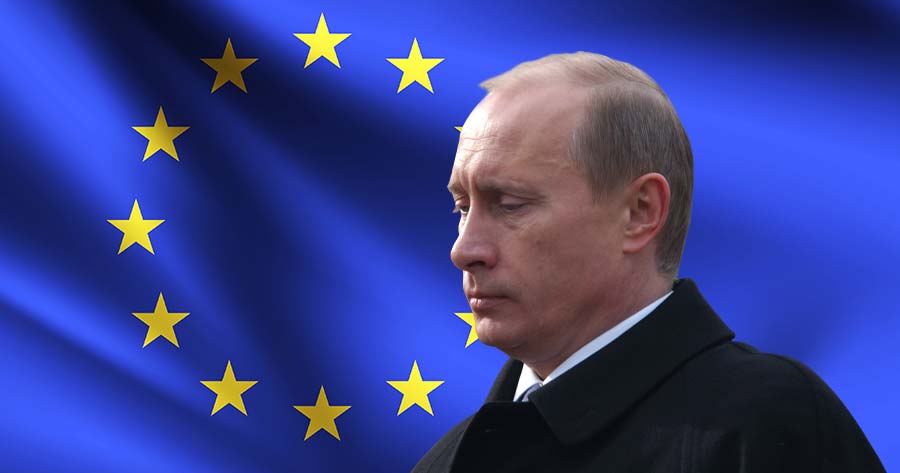The invasion on Ukraine has entered the fourth day as hundreds and thousands fall victims to this war, having Russia as an invader, while the world is condemning the Kremlin for such violence.
In the past few days, bullets have been flying across the street. Explosions and shells are reported amid wreckage as a result of this war.
The U.S. and its allies slap Moscow with a series of sanctions, including the removal of key Russian banks from the interbank messaging system, SWIFT, which could potentially alleviate the country from the global financial system.
Germany also halted the certification of the Nord Stream 2 gas pipeline, which was designed to deliver natural gas from Russia directly to Europe. As the largest economy in Europe, Germany relies on Russia for more than half its gas. Meanwhile, the European Union relies on Russia for about 40% of its gas. Although gas exports to Europe has been on a downtrend, plunging 32% in February 2022, compared to 2020, it is still considerably a high amount.
Despite the suspension by Berlin, the price of Natural Gas EU Dutch TTF (EUR) dropped 30% on February 25, the day after the invasion as the sanction excludes the energy sector. However, the price bounced back 20% on Monday, February 28, as traders were concerned that future sanctions on Russia by the alliance might target natural gas exports or that the Kremlin itself could retaliate by suspending exports of natural gas.
Amid surging inflation in European countries, fueled by high commodities prices, including oil and natural gas, western countries will need to seek alternative routes for importing natural gas instead as the implication of renewable energy is not fast enough to ease its reliance on Russian energy.
European Commission President Von der Leyen recently stated that they are shifting to alternative suppliers for natural gas as their dependency on Russia is not sustainable.
The alternative that the European Commission President mentioned could be LNG exports from the U.S. to Northwest Europe, in which the number has increased significantly in recent months. However, experts warned that currently the global LNG capacity and LNG-carrying vessels are almost fully utilised.
Despite the LNG exports, European countries do still have more options, such as the Southern Gas Corridor, Norway (2nd largest natural gas producer) and natural-gas free alternatives. It all depends on which suits the EU more, and will it be able to offset the loss of Russian natural gas?





